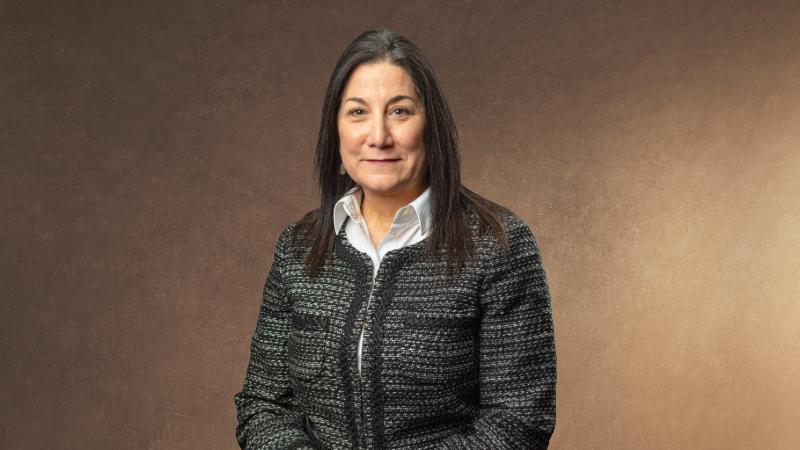
December 22, 2021
A primary care provider, or a “PCP,” is a physician or an advanced practice provider such as a physician’s assistant (PA) or a nurse practitioner (NP). Providers who typically fill these roles have a background in family medicine (care for patients of all ages), internal medicine (care for adults), and pediatrics (care for children). A PCP typically serves as your first point of contact for new or ongoing health concerns, and if necessary, connects you with specialty providers for care outside their normal scope of practice. PCPs build deep relationships with their patients to help them maintain and improve their health, providing not just sick care but also well care. Here is a list of reasons why it’s important to have a PCP:
- You know one another: If you have had extensive contact with the medical system, you know how frustrating and difficult it can be to tell your story over and over again to new providers. Building a relationship with your PCP and members of their care team will help them develop an individual workup and management plan. The better your PCP knows you, the better they can care for you.
- Your PCP will direct care between referrals: In instances where care is needed that is outside the scope of your PCP, they will work with you to determine what provider is best to take care of your unique needs. For example, a PCP can’t perform surgery to replace a patient’s knee. However, they can coordinate a referral to an orthopaedic surgeon. Having a single provider who makes these referrals keeps things organized and focused, which helps save you time and streamlines your care.
- It helps keep preventative medicine preventative: One of the most important services primary care provides is preventative medicine, like the various screenings that we all hear so much about (mammograms, colonoscopies, pap smears, lab work, blood pressure, etc). Believe it or not, there is quite a list of preventative screenings that are recommended by numerous professional societies. PCPs screen for all of these conditions because they represent a treatable or preventable disease that, when caught early, can save you from negative health outcomes. Though some of these screenings aren’t exactly fun, I’m sure any primary care provider you speak with will tell you that “an ounce of prevention is worth a pound of cure.”
- Reduced costs for patients and the health system: Speaking of prevention, consistent follow-up with your PCP and following recommended screening timelines means less cost to you and the health care system in general. If we can control someone’s blood pressure, blood sugar, and cholesterol over 20 years and save them just one heart attack or stroke, we’ve not only helped that person avoid a very significant illness, but we’ve also helped them avoid financial costs associated with it. The same holds true for more mild illnesses as well. Properly managed asthma or COPD means fewer visits to the urgent care or emergency room for flares. The list goes on.
- It is the most personal relationship in health care: This one is personal for me. Call me biased, but it’s the reason why most providers pursue primary care in the first place – to develop a long-term relationship with their patients. Yes, reasons #1-4 are important, but all five reasons are what promotes the best patient outcomes.
Dr. Andrew Lester is a full-time, Townsend-based Family Medicine physician who works alongside Dwight Thompson, PA at the St. Peter’s Health Townsend Clinic.


